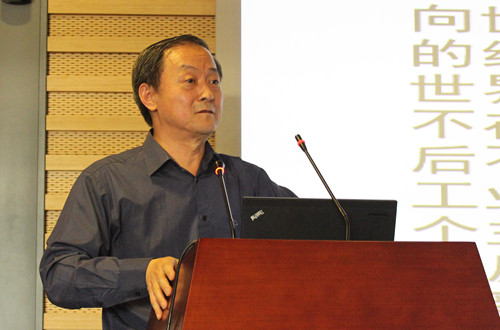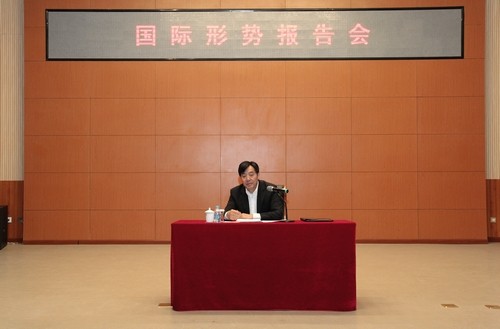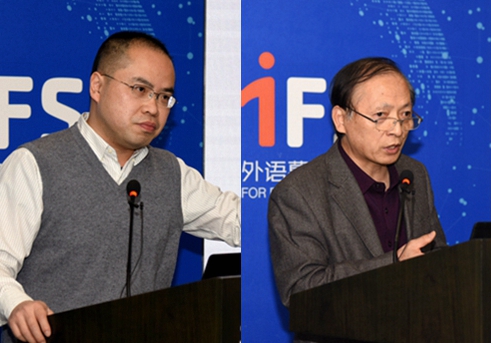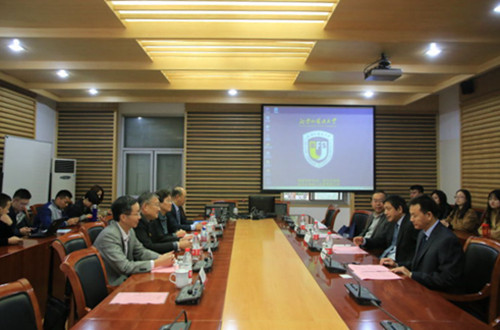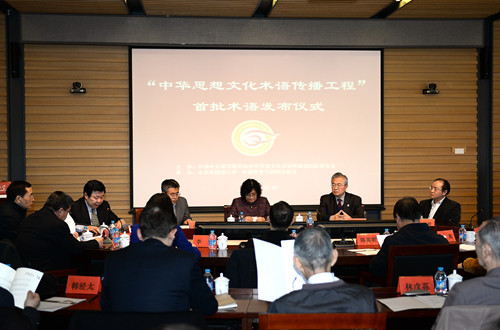The Third Lecture On The "Global History And China 2015" Series Of Lectures Is Held
The Third Lecture On The "Global History And China 2015" Series Of Lectures Is Held
On the afternoon of May 13th, the third lecture on the
On the afternoon of May 13th, the third lecture on the "Global History and China 2015" series of lectures was held in the library. Chen Zhiqiang, a professor of history at Nankai University, brought a lecture entitled "How to treat the development of world history reasonably". The lecture was chaired by Professor Li Xuetao of the Global History Research Institute.
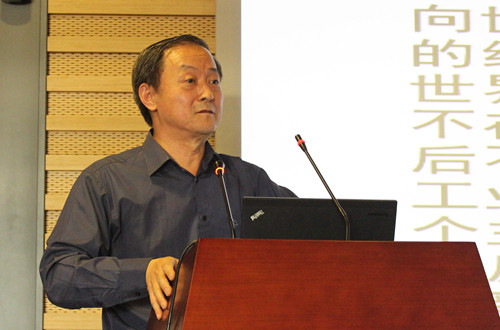
Chen Zhiqiang introduced the world's historical development theory proposed by Mr. Wu Yuyu, a famous world historian in my country. He believes that the core of this theory can be summarized as "two worlds, three impacts", that is, the world structure of the former capitalism is the farming society. With the nomadic society, from the mid -2000 BC to the 15th century, the farming society suffered three major impacts from nomadic society. The contribution of this theory is to summarize the world structure of former capitalism horizontally, propose agricultural society and industrial society vertically, and point out the reasonable future of the two modern systems and world history development.
Chen Zhiqiang believes that Wu Yu's world views have overcome the visual blind spots of the cultural forms of cultural forms such as Shipinrad and Tang Yinbi to observe the horizontal connections between different civilizations and different civilizations. The lack of historical lack of historical sense of the world system of the year even 5000 years of 5000 years highlights the progress and modernity of historical development. It is the most macro doctrine of world history with Chinese characteristics.
Li Xuetao commented that this lecture tells us that in addition to continuously absorbing the overall understanding of scholars from various countries, the prominent contribution of Chinese scholars themselves in the past is also of great significance. From the perspective of world history, it is still particularly important value, and it deserves more attention in the future.
(Global History Research Institute)

